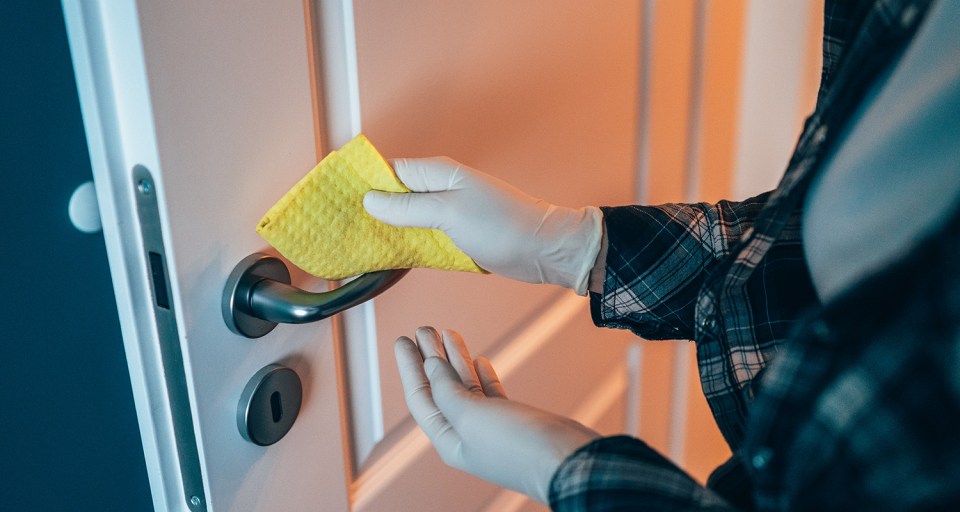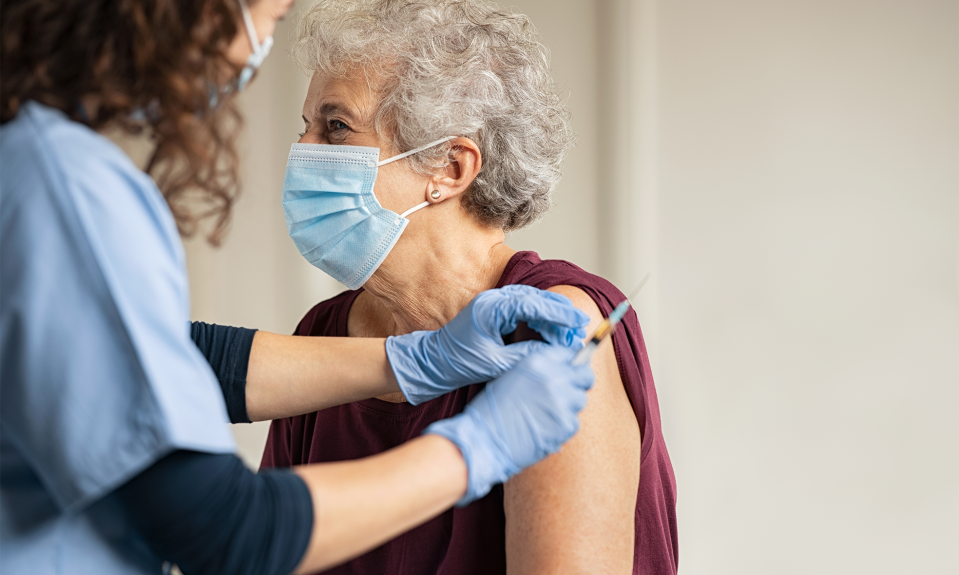As healthcare professionals, we’re in the business of caring for people and keeping them safe, so it’s particularly troubling to worry about how that very work could be putting our loved ones at risk.
That’s the dilemma our frontline healthcare workers and other essential employees face each day as they leave work and return home to their families that have likely been sheltering in place.
How can these employees protect their families during this unprecedented time? The first step is an obvious one, but it’s worth repeating—wash your hands, and wash them often. Aside from that, the following are a few suggestions for all those essential workers out there, on the frontlines or not, who are concerned they could be bringing COVID-19 home to their loved ones.
- Wipe down those items that you take with you to work and bring back in the home with disinfectant wipes. Clean your mobile phone, laptop and tablet. Wipe down your keys and handbag or wallet.
- Change clothes immediately when returning home and place them in a garbage bag until you can launder them properly. Leave your shoes outside or place them in a garbage bag and store them in an area away from your family.
- Shower before interacting with your family.
- Wipe down frequently used surfaces such as door knobs, faucets and light switches, especially those you touch when entering your home.
- Check your symptoms. Do you have a dry cough, fever or chills? If so, self-isolate. The CDC advices isolating yourself in a room, if possible, separated from other people and pets in your home, and if possible use a separate bathroom. Keep in touch with your doctor if you are exhibiting symptoms and be sure to seek care if you have trouble breathing.
Visit the CDC’s website for more tips on how to prevent you or your loved ones from getting sick.
The content of this site is for informational purposes only and should not be taken as professional medical advice. Always seek the advice of your physician or other qualified healthcare provider with any questions you may have regarding any medical conditions or treatments.



